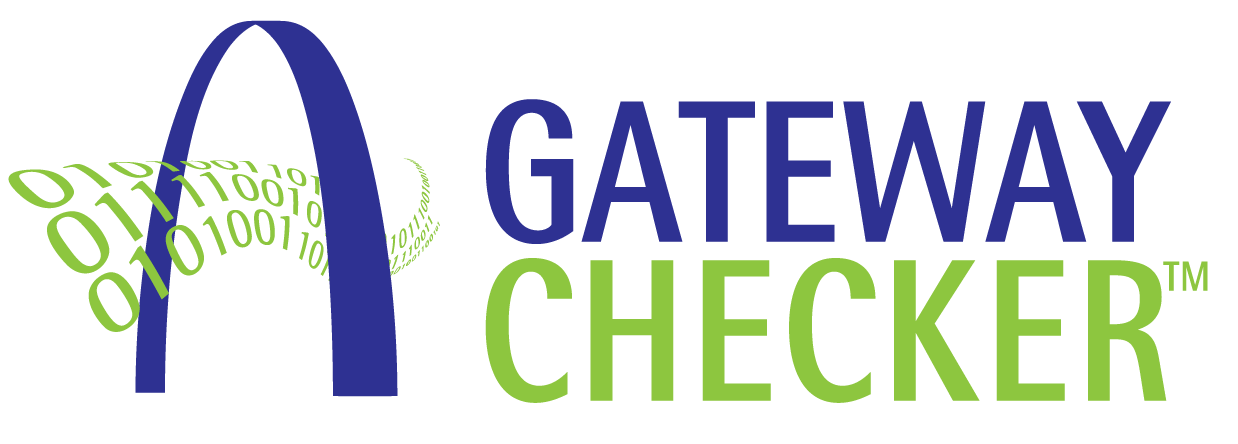
Why It Matters
Our Lives Depend On Integrity.
We trust that planes will fly, bridges and buildings will support us, and our cars will stop when we brake. When we ingest food and medicine, we trust they will do no harm. We know red means stop and green means go. In an intersection, we trust only one path has the green light. Without a second thought, we trust many of the products and services we use. Though we rarely think about it, our lives depend on the design, manufacturing, and integrity of the supply chain. Without integrity in these things, there are accidents, sickness, disease, and death.
How Did We Get This Way?
A product or service becomes trustworthy because it performs according to our expectation. It doesn’t happen on its own. When we trust a product or service to deliver its expected value, implicitly we are trusting the design, construction, testing, and delivery process as well as the people behind them.
Principals are devised. Regulations are promulgated. Standards are established. Products are made. Compliance is tested. We trust our engineers, our institutions, and our markets to design and deliver safe and healthy products and services.
Our government sets the standard for acceptance and creates and enforces regulations when lack of integrity harms society. All along the way, it is the integrity of the people, institutions, and the process that allows us to trust and expect that our lives are better served.
Standards Are At The Heart Of Integrity
The application of standards enables the checking and verification of integrity. We communicate what needs to be designed, built, and tested based on adherence to standards.
Imagine a world where standards lack integrity:
- Does a red light mean you will absolutely stop? Or is it a recommendation that you should consider stopping?
- Are our medicines safe, sterile, and effective?
- Can we eat our food without fear of sickness, disease, or death?
Without standards that are clear, verifiable, and enforceable, we are left to wonder about integrity.
Traceability Enables Supply Integrity
We believe that traceability from ingredient to ingestion is essential for the safety and security of our life sustaining supply chains such as foods, medical devices, and medicines. To attain supply integrity, we must ensure only legitimate, uniquely identified products move through the supply chain and are handled by trusted, licensed, and authorized trading partners.
We know from more than 15 years of experience that attaining traceability requires connectivity and information interoperability. Item serialization and tracking are challenging, and they are disrupting established methods of packaging and order fulfillment. But implementing a standardized serialization system is critical to maintaining supply chain integrity.
Integrity – Standards – Traceability
We need integrity in our people, products, services, and technology to enable safe, secure, and sustainable lives. Attaining integrity requires trust. Trust comes from products and services that perform to standards. Traceability provides transparency that enables trust, and at the same time the opportunity for verification.
About Gateway Checker, LLC
Gateway Checker™ is a Software as a Service offering established to unambiguously assess and verify the readiness of one system to connect and exchange electronic product code information with another. Gateway Checker tests, evaluates, and certifies connectivity between different organizations with the objective of seamless interoperability. Gateway Checker is certified by the GS1 US RX EPCIS Testing Service Certification Program and is owned and operated by the Gateway Checker Corporation, a wholly owned subsidiary of BrandSure, LLC.
Over the coming months, we will share our experiences and lessons learned. Sign up for our newsletter to receive the latest updates from Gateway Checker. We are interested in hearing the challenges you and your company are facing in today’s climate. Get in touch with us and let us help you address these challenges.

